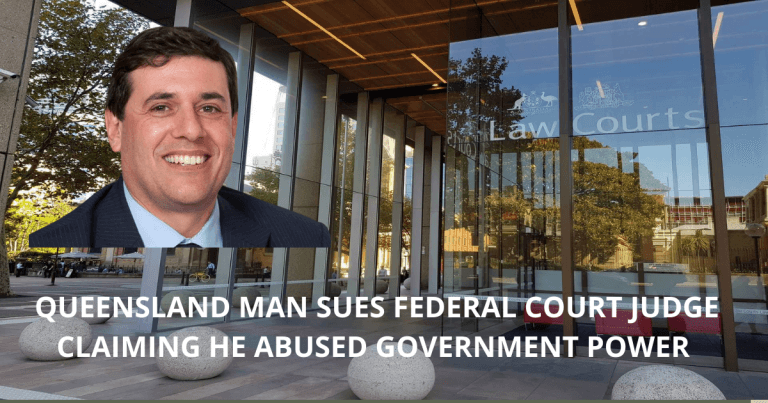
NSW Police To Stop Using STMP On Children
After a lengthy five-year investigation, NSW police are to stop using Suspect Targeting Management Plan (STMP) on children.
This week, the Law Enforcement Conduct Commission (LECC) finished their review looking into how the NSW Police Force used the STMP on children and young people. Previous reports outlined concerns on STMP. Therefore many will welcome this news. However, the NSW Bureau of Crime Statistics and Research (BOCSAR) found that it resulted in a reduction in some crime categories.
What is STMP?
STMP is a NSW Police Force policy to help prevent crime before it occurs. That is, to ‘disrupt’ offending.
It encouraged police to be proactive with their policing.
Examples of STMP included:
- Consistently monitoring and observing targets,
- Stopping and searching STMP targets, and
- Visiting targets at their home.
In the beginning, children as young as 9 experienced targeting by police using STMP. However, the targeting did not seem fair. According to reports, Aboriginal young people were targeted the most, by a large majority. Reports stated almost 72% of all of the young people subject to the STMP from 2020 to 2022 were Aboriginal or Torres Strait Islander.
Another negative report surfaced in 2020 on STMP. After this, the police made no meaningful changes.
The outcome of the report on Suspect Targeting Management Plan
Following the report, NSW police said they will stop using STMP on children. In addition, they will also cease to use it on adults by December 2023.
The NSW Police Force said it is developing a new, replacement program for STMP. However, they say that this one will improve outcomes for young people who are engaged in, or at risk of, repeat offending.
What did the report on STMP find?
The Law Enforcement Conduct Commission’s (LECC) report looked at how STMP was used on 133 young people. The investigation was extensive.
It looked into how the police selected their targets, assessed their risk of reoffending, and the strategies they used to manage that risk. In addition, they reviewed records of police interactions with young people when using STMP.
They also found that the updated STMP policy did not adequately address the issues the commission identified in their previous reports. Furthermore, it also failed to deal with young people in a way that properly addressed their needs. It did not distinguish their needs as being different from adult offenders.
This report showed:
- Aboriginal and Torres Strait Islander youth were largely over-represented as targets.
- Most young targets had complex needs. However, it showed that police ignored these needs mostly.
- Sometimes, the police’s strategies were highly intrusive and disruptive for young people.
- In addition, there was confusion about whether police knew if they were acting under the law or under policy. Therefore this posed problems as it might have encouraged officers to act beyond their powers.
- It was also not clear if the program helped to reduce a young person’s likelihood of reoffending.
It will be interesting to see how the NSW Police Force will go about trying to prevent repeat offending for young people.
If you think that you experienced unlawful arrest or false imprisonment, contact us for a free initial consultation. We are experts in this area of law and can assist you in getting the best outcome for your case. Call us on (02) 9261 4281 or email .
Read our recent Case Studies on Actions Against Law Enforcement.

Nicole Byrne
Content Creator | Media Coordinator
O'Brien Criminal & Civil Solicitors
www.obriensolicitors.com.au
-
Nicole Byrnehttps://obriensolicitors.com.au/author/nicoleb/
-
Nicole Byrnehttps://obriensolicitors.com.au/author/nicoleb/
-
Nicole Byrnehttps://obriensolicitors.com.au/author/nicoleb/
-
Nicole Byrnehttps://obriensolicitors.com.au/author/nicoleb/




![Stanley v DPP [2023] HCA 3 and intensive correction order](https://obriensolicitors.com.au/wp-content/uploads/2023/02/Stanley-v-DPP-2023-HCA-3-and-intensive-correction-orders-768x402.png)
